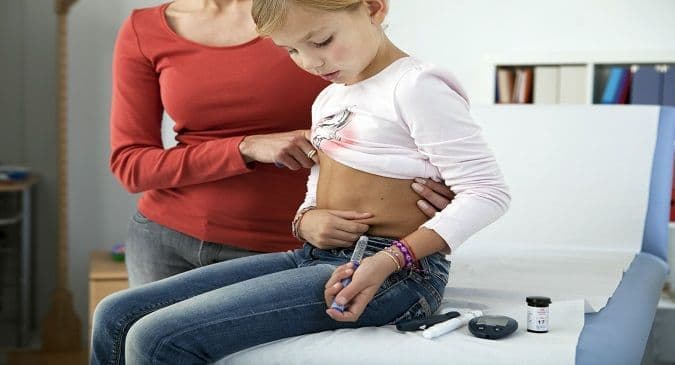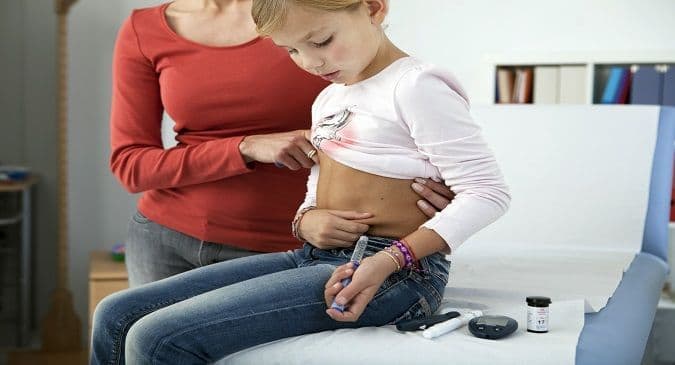 Learn the impact of juvenile Diabetes on Children and Adolescents from Dr Uttio Gupta, Consultant Endocrinologist, Medica Superspecialty Hospital
Learn the impact of juvenile Diabetes on Children and Adolescents from Dr Uttio Gupta, Consultant Endocrinologist, Medica Superspecialty Hospital
- Diabetes mellitus is a severe and long-term condition that develops when elevated blood glucose levels occur because the body cannot produce enough or enough hormone or use insulin effectively. Although most diabetic patients have type 2 diabetes, the most common type in children and adolescents is type 1, which is caused by an autoimmune process.
- In contrast to adult diabetes, type 1 diabetes in adolescents and children has an early onset. It is accompanied by some characteristic manifestations known as osmotic symptoms, such as feelings of excessive hunger, excessive thirst, and frequent urination.
- In addition to a severe and metabolically deranged state, diabetic ketoacidosis can be the initial presentation in some children, sometimes manifesting as unconsciousness.
- Because the disease manifests in children much earlier than adults, in type 1 diabetes, there is a greater risk of developing long-term complications.
Recent data published by the International Diabetes Federation (IDF) indicate that the prevalence of type 1 diabetes in children and adolescents up to the age of 19 is 229.4 cases per thousand children.
Young Patients’ Mortality Risk
The mortality risk of young patients with diabetes will increase if it is not effectively managed. In addition, since type 1 diabetes patients depend on insulin for the rest of their lives, the condition can emotionally distress both patients and their parents. This is because of the financial burden it imposes and the anxiety associated with the fear of continuous insulin injection. Two types of complications shared by Dr Uttio Gupta, Consultant Endocrinologist, Medica Superspecialty Hospital: Microvascular complications include issues such as retinopathy, nephropathy, and neuropathy, and macrovascular complications include heart attack, stroke, and heart failure.Juvenile Diabetes
Dietary Restrictions
Young patients have dietary restrictions that are the same as those for adults. These include avoiding sweets, junk food, and foods with a higher fat quotient as much as is feasible. In addition, it is essential to include protein, fibre, vegetables, and fruit in the diet; however, it is challenging to limit the diet, mainly due to the age of the patients. As a result, the onus of ensuring that young diabetic patients have a healthy diet and way of life falls squarely on their parents’ shoulders.
Monitoring Schedule
Children of young ages are naturally active, so the focus is on the clinical aspects, such as the correct intake of insulin throughout their lives. For the condition to be effectively managed, the patient’s parents must remain vigilant regarding the patient’s insulin dosage and sugar levels. They must also maintain regular doctor’s appointments. A comprehensive monitoring schedule is required; the patient’s blood sugar must be tested once or twice per week following their monitoring protocol, and annual checkups are recommended to ensure the health of other organs, such as the liver, kidneys, eyes, etc., and to identify any potential complications.
Young Diabetic Patients’ Treatment
The treatment plan for young diabetic patients should include essential components such as sick day management. In addition, it is strongly recommended that caregivers discuss the protocols to be followed in the event of sick days with their medical practitioners. These protocols ensure that patients do not suddenly stop taking their insulin which can have fatal consequences.
Every child deserves a brighter future, and proper diabetes education is the key to achieving this goal. Unfortunately, many children under 19 are known to have undiagnosed diabetes in India, highlighting the growing need for special awareness and care. Juvenile Diabetes | Home










